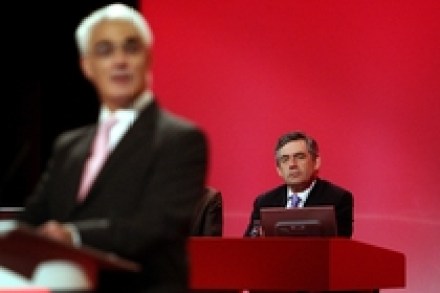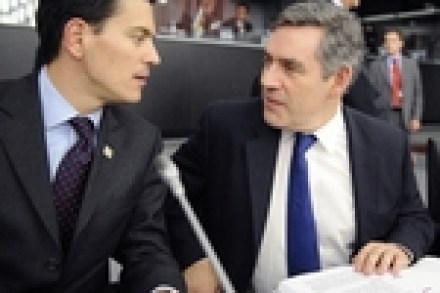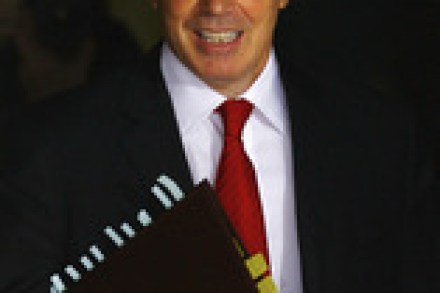Identity crisis takes Brown and Darling to Rock bottom
A new poll has devastating numbers in it for the Prime Minister and the Chancellor. Public confidence in their ability to handle economic problems has collapsed faster than Northern Rock stock and is down 33% since September. Only 28% of the public now have faith in their handling of the issue, The Times finds. Considering emails are now coming out showing that senior managers did indeed sign off on the way that the now missing data was transferred from HMRC to the National Audit Office things can only get worse for Brown and Darling, at least in the short term. The news that the NAO had expressed concern over the mode
















